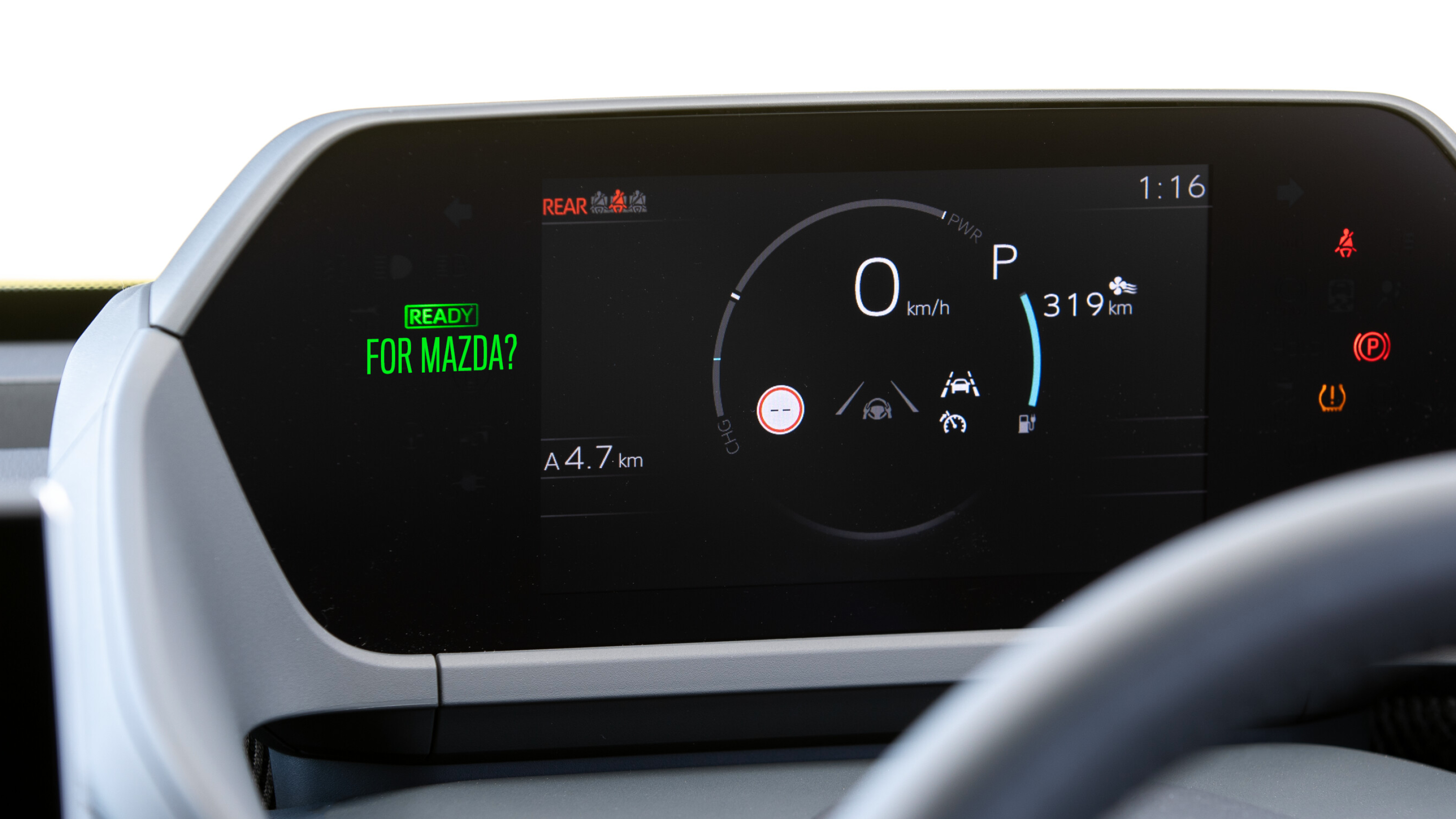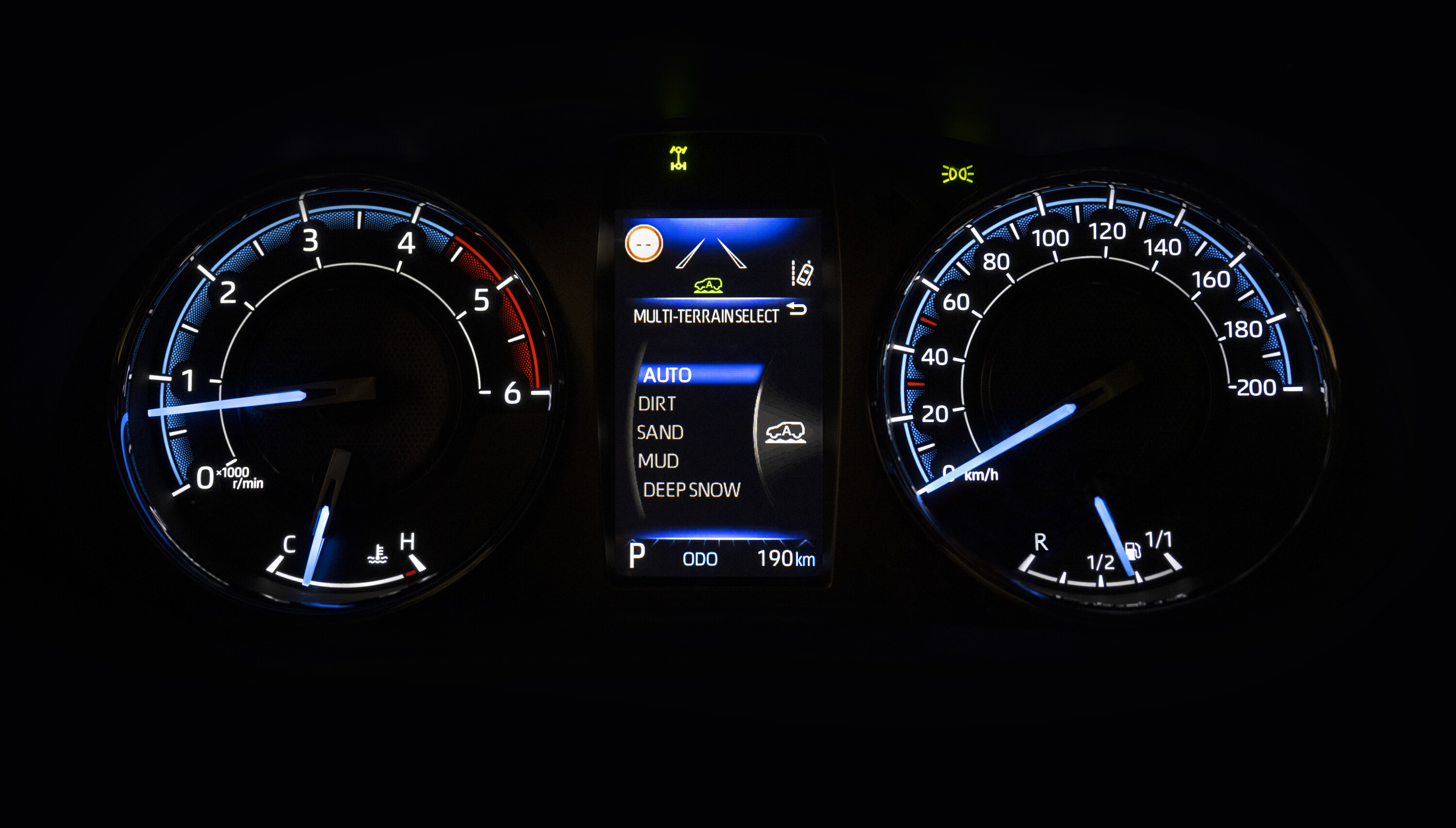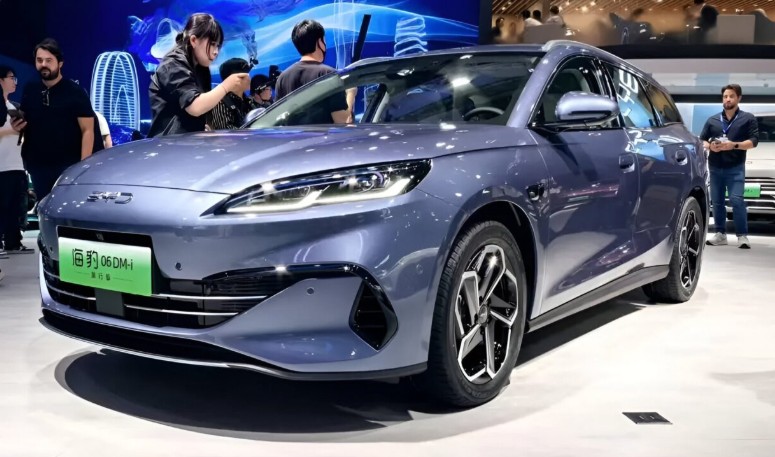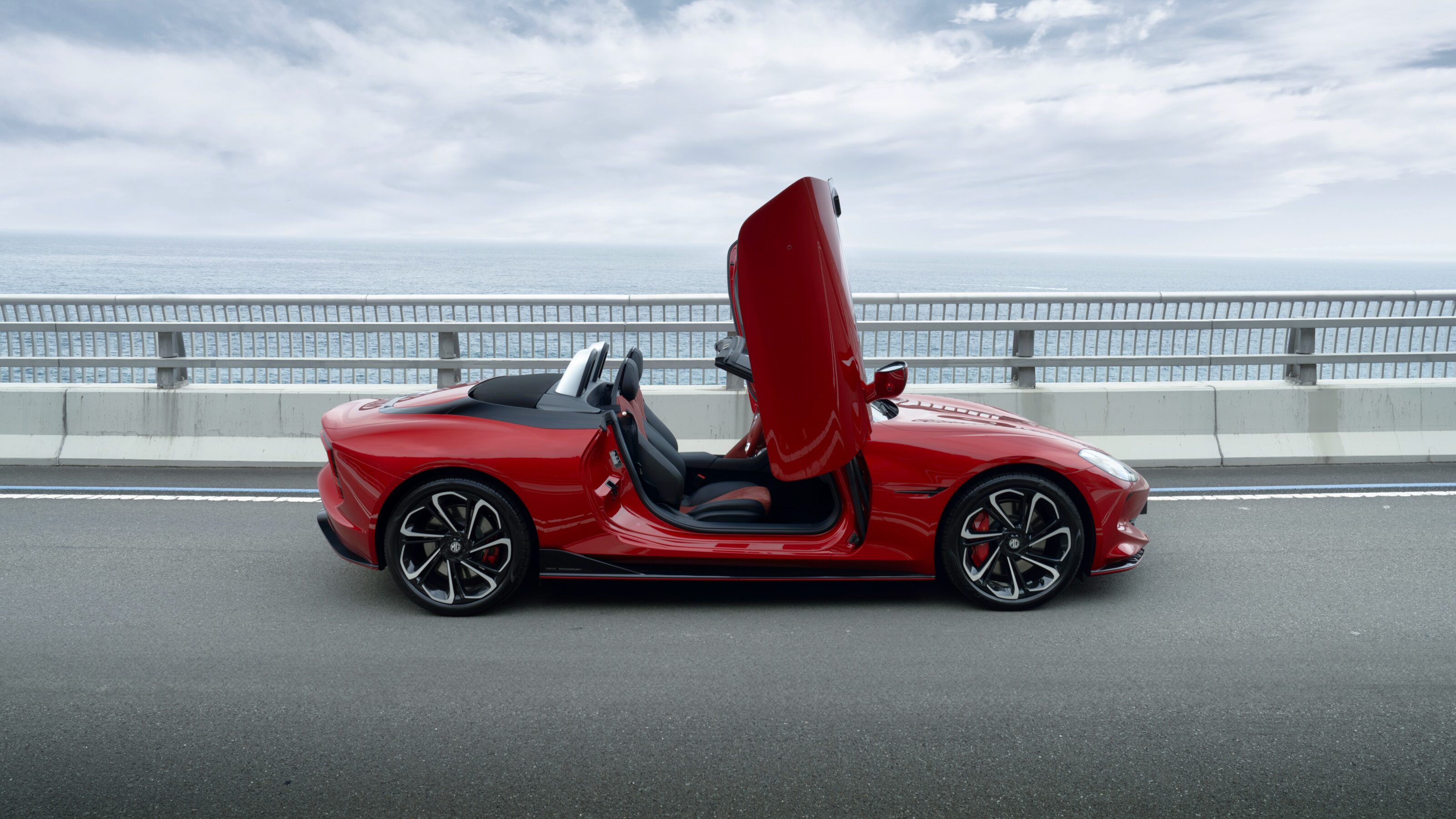
The ties between Mazda and Toyota continues to strengthen, with the former confirming it will use the latter’s ‘in-vehicle systems’ for its upcoming EVs.
What’s an ‘in-vehicle’ system’? It’s an industry term to describe the combined operating system (OS), electronic control units (ECU), and wiring harnesses – more or less the electronic portion of an EV, with the main electrical components being the batteries and motors.
This system controls the various functions of the EV, such as driver assistance, safety, heating, ventilation and cooling (HVAC), and infotainment, as well as linking the various functions to the user interface (UI) – that is, one or more touch screens, and perhaps a few hard switches.

Just like a phone or desktop computer, in-vehicle systems are complex, and therefore expensive to develop and produce. It’s been reported that some major automakers and parts suppliers spend up to $2 billion a year on software development alone.
Mazda is a relatively small manufacturer and the cost of developing its own in-vehicle systems would be prohibitive and unstainable.
Adopting Toyota’s Arene OS will significantly reduce the cost of developing in-vehicle systems for Mazda EVs, compared to creating a system for EV models on its own. Mazda expects that its systems will be 90% identical to Toyota’s by 2027, lowering development costs by 70-80%.
Mazda, Toyota and Denso Corporation (Denso) formed the likeably Japanese-sounding EV C.A. Spirit Co Ltd in 2017 with the objective of developing basic structural technologies for electric vehicles for greater efficiency.
Shared in-vehicle systems is one example of this partnership bearing fruit.
The partnership was also intended to leverage “Mazda’s bundled product planning and prowess in computer modelling-based development, Denso’s electronics technologies, and the Toyota New Global Architecture (TNGA) platform”, so these systems could be just the start.
Will future Mazdas feature TNGA technology, functionality, and production engineering? Time will tell.
For its part, Toyota is already behind the ball on the move to EVs, having spent years insisting electric cars wouldn’t suit the market for a long time to come – until it very recently revealed it would now pour its considerable resources into catching up with critical improvements to its EV technology suite.




